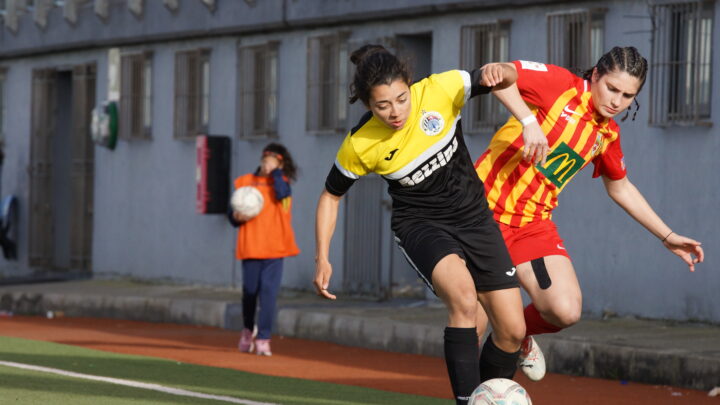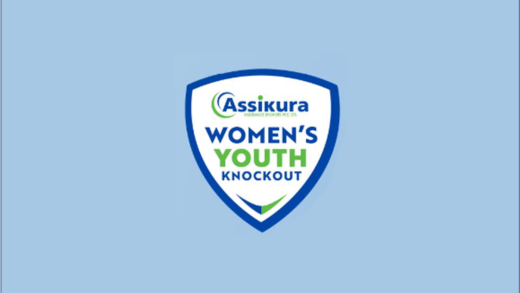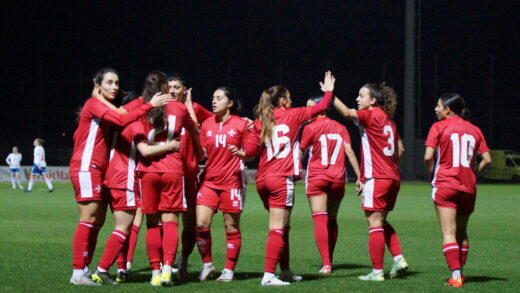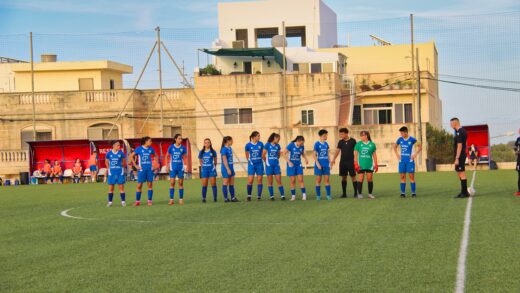The final of the Assikura Women’s Knockout between Hibernians & Birkirkara was shrouded by another conflict on a fixture change that resulted in more grief spilling across the board. As season 2023/24 draws to a close, it is clear that as these situations will inevitably repeat themselves, the time has come for those involved to mature in their actions and start working together.
Here We Go Again
You’d be forgiven if those were the first words that popped into your mind as Hibernians’ club statement emerged last Thursday afternoon, publicising the failure to come to an agreement for the changing of the kick-off time of the Assikura Women’s Knockout final against Birkirkara. The statement pleaded for the Malta Football Association and Birkirkara FC to support its request.
For those who may have not been privy, this revolved around pushing the kick-off time to one hour later, to accommodate the possibility of starting two players whose O-level (SEC) examinations finished at the kick-off time.
The Malta Football Association (MFA) publicly responded that it would move it once the clubs agreed between them, effectively shifting the ball in Birkirkara’s court. The latter refused, citing the months available to Hibernians to raise their concern at an earlier stage, while also landing a blow at the feet of the MFA for their lack of cooperation in moving other fixtures involving Birkirkara in previous months.
Looking at each of the three parties, it is of no doubt that each had their own relevant reasons for their decision and stand on the matter. The point here is not to applaud or give the right to one side or the other.
On the contrary, it is to underscore the fact that such situations keep arising. Of concern is that it seems that instead of the stakeholders of the sport (extending beyond these three parties) recognising the need to come to an agreement on how to handle such situations which will inevitably occur, division continues to fester with each occurrence.
Blame Culture
The power of social media is to inform, but it also provides a window into situations, giving insight into where people stand. As the situation unfolded, what transpired was a clear picture of the tit-for-tat culture that is usually hidden away behind closed doors. Together with the statements published, the comment threads on social media and the discourse that followed, showed just how much the past infringes hold power over the sporting community.
To mention just a few instances, it is evident that wounds from last year’s back-to-back Knockout finals are still open. It may be combined with those who were stepped on by the lack of fixture changes this year, including the disregard to the consistent pleas to avoid the short turnaround between youth and senior league.
On the flip side, there are those whose fixtures changed on the shortest of notice this season, leaving them with little choice but to field whatever players were available to accommodate the change. This, irrespective of the impact on their chances in the match.
It does not take a fortune-teller to predict that the current blame culture, combined by what appears to be a lack of interest to work together with maturity, will result in these situations continuing to be used as weapons when the next conflict arises.
Additionally, it is clearly evident, that while for several the women’s game continues to be viewed as separate from the men’s game, the conflicts in the latter continuously seep into the women’s game, further aggravating matters. As long as commonalities exist in resources, it is a fool’s errand to suggest the two are separate. The sad part is that, in most cases besides having it’s own hurdles, the women’s game is being saddled with the issues from the men’s game. Meanwhile, there is little flow of the good elements from the men’s game into it, except when it is imposed by regulation.
All of these elements should make it crystal clear that as the women’s game attempts to grow in Malta, the inability to recognise these issues and find common ground to solve them will risk losing the very foundations that have been so painstakingly built. This, especially if those who have built it refuse to put their egos aside for the game they tout to love, while allowing others to loot it for their own short-term agendas.
Learning From The Pros
At times it is easy to lose sight of the big picture, which is that Malta’s footballing community is part of a wider global community. As those in the local game strive to reach higher levels, it is good at times to take a look at how those further ahead are going about their business and try to learn from their successes and shortcomings.
Just last week Arsenal’s Chief Commercial Officer, Julie Slot, encouraged football supporters to sell out Chelsea’s Stamford Bridge as the women’s team hosted defending champions Barcelona in the second leg of the semi-final. The message she chose to lead with was not to belittle Chelsea for not yet selling out their home-stadium for a women’s match or to hold on to the fact that Arsenal hold the highest domestic attendance record for a women’s match.
On the contrary, she focused on the duty of the stakeholders in the game to support each other off the pitch with the idea that “the rising tide lifts all boats”. While the numbers in attendances may seem superfluous and perhaps irrelevant at times, it is good to remember that attendances translate into money flowing into the women’s game which can be re-invested into further growth. Chelsea lost the semi-final, but Stamford Bridge was sold out for the first time for a women’s match.
While the nature of the game should be competitive, there are also countless examples of fairplay by players in crucial moments. Perhaps the most well-known example is that of Robbie Fowler attempting to convince the referee not to award him a penalty against Arsenal explaining that he had lost his footing rather than David Seaman clipping him. The act earned him plaudits and a FIFA commendation.
In a most extreme case Arsenal’s then Arsene Wenger ordered a rematch in the FA Cup against Sheffield United after new player Nwankwo Kanu scored because of being unaware of the etiquette of handing the ball back after a team puts it out of touch for a player to receive treatment. There are countless other examples.
Certainly, competition is important, there would be no passion and no excitement without it. As these situations develop off the pitch, there is a tendency for them to spill out onto it as well. This is exactly why it is important to address this properly to avoid further rifts. Even so, it is good for those involved to remember that whatever the argument, respect, on and off the pitch, remains imperative. There will be always those who say that such mentality is weak. The above examples are meant to show that each and everyone involved, starting from the administration, coaches and players have a role to play in challenging this fallacy. It extends to those following matches from the stands as well. At some point, someone must be willing to take the high road.
Moving Forward
Perhaps the real issue that has plagued these situations is that most often those involved prefer to look to the past, rather than focus on the future. The off-season brings with it excitement in the form of transfers, fresh ideas and new beginnings. Hopefully, it can also be used as a time to start afresh in these matters as well, to shake hands and work out a way forward to keep respectful competition on the pitch and work together towards growing the game away from it.
The above underlines many issues of division that need attention, but considering the specific one that raised the outburst last week, perhaps the first item on the agenda could be to work together on a way to handle such one-off incidences and requests.
Since playing games and notching points is on everyone’s agenda, one option could be that a ‘fairplay’ points system is set, where the club ‘sacrificing’ to accommodate their opponent’s request is given a point (favour) which then the other team must accommodate when the team requires it. Should it not be required by the end of the season, perhaps the club with most points for accommodating such requests can be rewarded in some way.
Another option could be to set up an independent body made up of a group of people which rules on such one-off cases. A third option could be to write a formal draft of procedures/rules that clubs and the MFA agree on, referring to a set of rules on how such one-off instances are to be tackled.
The final and most desirable way would be that adults start behaving as such and do the right thing when called upon. However, for many that may seem utopian and so the solution is likely better solved with a set of rules on black and white.
What is certain is that there are plenty of great minds who have over time been capable of hatching up great tactical strategies in such situations. Surely, those skills can be useful to bring forward solutions that help the wider sport and not just their own emblem. One thing’s for sure, it would be a great shame to see season 2024/25 unfold with the same problems and a slightly wider chasm.
Lead Image: Lara Schembri
Stay up to date by following The Sporting Fan on social media: Instagram ~ Facebook ~ X



